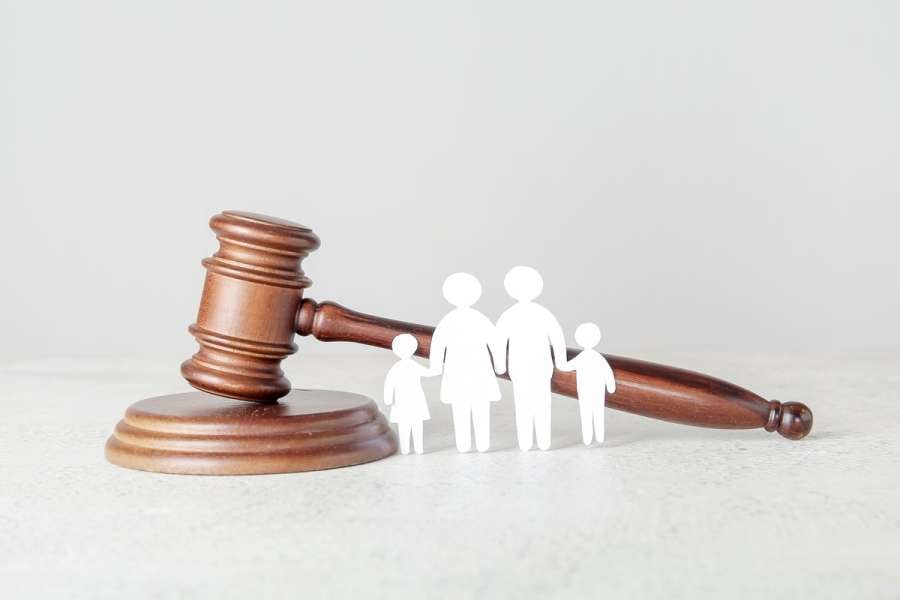
Playing Nice, the psychological thriller by JP Delaney, follows two couples who discover that their toddlers were switched at birth in a hospital mix-up and face a horrifying dilemma: do they keep the sons they have raised and loved or reclaim their biological child?
As Pete and Maddie meet Theo’s biological parents, both families face a dilemma of how to move forward, and the series highlights the complexities of family identity and parental responsibility.
The narrative of Playing Nice raises important questions about child arrangement orders, parental responsibility, and what the law says about these sensitive issues.
Our Family Law experts share some legal insights about real-life family law issues and how we can help.













